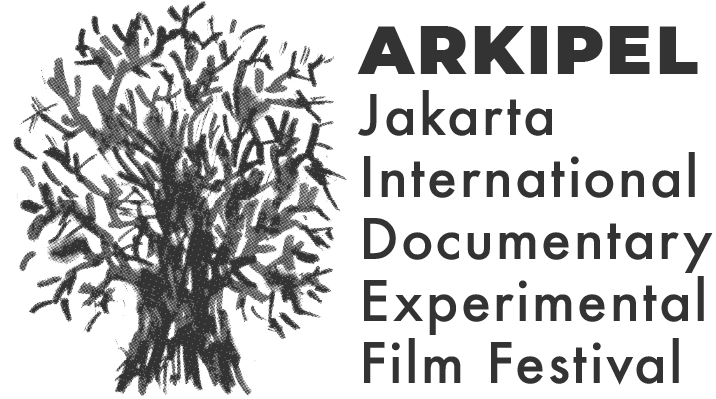august, 2016
Details
Cinema as a Way to Existence In the frame of Jean Rouch's direct cinema, the relation between a documentary subject and director is not based on the maximum efficiency on the
Details
Cinema as a Way to Existence
In the frame of Jean Rouch’s direct cinema, the relation between a documentary subject and director is not based on the maximum efficiency on the extend of reliable information gained from the informants, but more to the principle of exchange between two parties. Documentary becomes a kind of Maussian (Marcel Mauss) anthropological principle, which is an ‘exchange’ that in Jean Rouch’s context is termed audiovisual countergift. The ‘exchange’ is a process of trust between the two parties. This model of cinema makes a film maker not required to act as an entomologist who studies the subject like what Ousmene Sembene termed as ‘bug’, or being objectified to state without any involvement in formulating the image of himself.
In the context of direct cinema, the camera is a third party that acts as a catalisator to the narrated subject. It becomes a provocation that awakens the subject’s performance, which at the same time plays a role to resurrect the uncommunicated or even the unnamed. In Rouch’s frame, the camera can capture expression as an embodiment in the frame of gestural interview; the camera is not a mere equipment describing mere interior situation, it is a catalisator to the subject testimony on the world. When the camera is a catalisator, cinema becomes an existential moment, like the circumstances in front of the camera; the camera makes subject consience not as something pure, but that consience “in/as” something. Documentary becomes a conscience that moves following—even becomes—a way to reveal the self and the past.
As the thinking, angst in this curation is an access to between the existing and non-existing in the past. Also referring to Heidegger’s perspective, angst is a fundamental fate of human existence because the existence itself cannot be based on conceptual equipment apart from circumstances and experience. Angst is an authentic moment because it can open the self to the Existence; more of “performance” on circumstances. Because it is not identical to fear, therefore angst is also not related to real object of fear. Angst is related to something specific between existing and non-existing, but can be sensed in human experience, that angst refers more to a situation of fear or something that cannot be described by anything.
Angst goes beyond the daily cognitive because it concerns a totality of “way of existing” in the world. Therefore angst is not related to epistemology alone, but concerning the modus of existing. According to Heidegger, human (Dasein) is not an object, but a “possibility”. As much that the way to understand possibility is also “a possibility that reveals”. In this context, the cinema becomes a modus for the subject way of existing in circumstances as a possibility, including the subject narrative in the documentary. Understanding (verstehen) the way of existing is something existential and always have the character of anticipatory; it always design (entwurf) for possibility. “Existence” and “designing possibility” becomes identical. While documentary, it becomes a catalisator for the possibilities of way of existing or the existence itself.
Time
(Wednesday) 16:00 - 18:00
Location
kineforum
Jl. Cikini Raya 73, Jakarta - 10330

